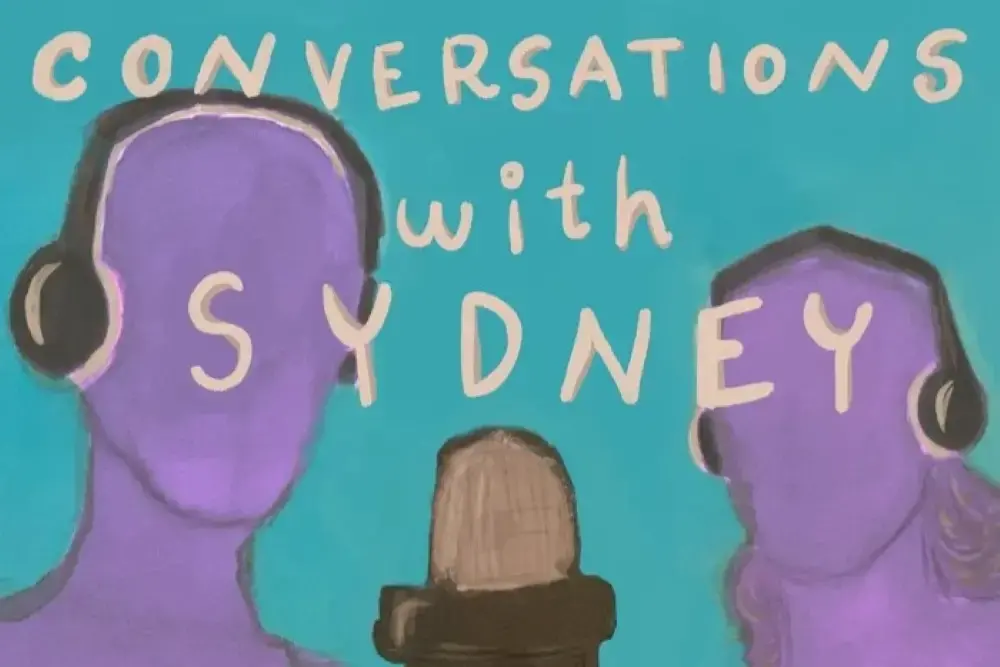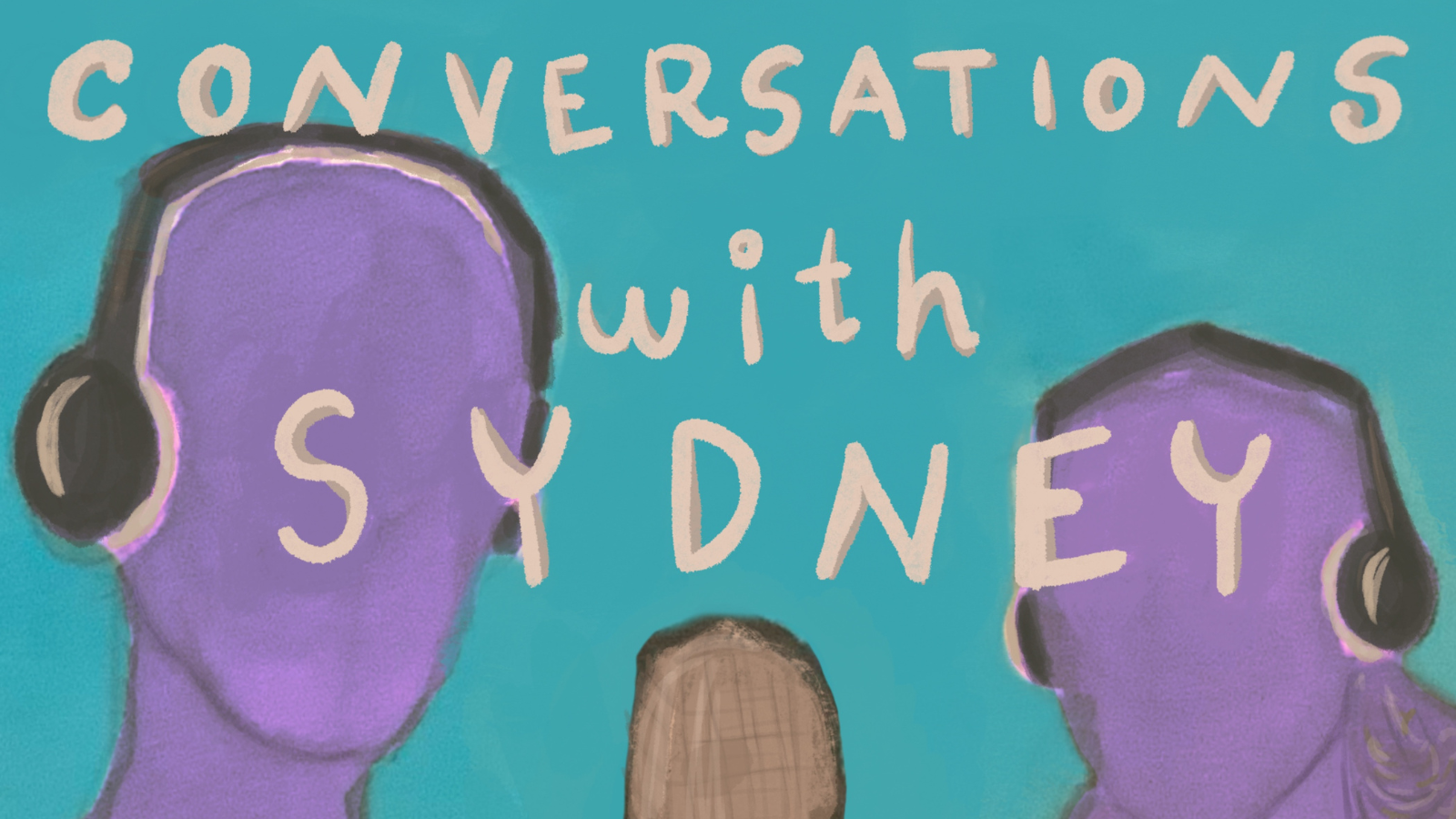
Solutions-oriented podcast series addresses youth suicide and self-harm
Warning: This message discusses suicide and self-harm, which may be upsetting to readers.
We never talked about suicide until it was all we talked about. One rainy Friday morning during my senior year of high school, I sat quietly with friends over a cafeteria breakfast. I wish I wasn’t quiet.
The following Monday morning was clear, but it was wet inside: tears over embraced shoulders. We—one friend fewer—watched younger students occupy the table that was once ours. They would never know it, but their chatter filled the profound vacancy.
Between 1950 and 1988, the proportion of adolescents between 15 and 19 years old who died by suicide quadrupled, The New Yorker reported. Between 2007 and 2017, the number of children aged 10-14 who died by suicide more than doubled, also according to The New Yorker.
The Youth Risk Behavior Survey, conducted by the Centers for Disease Control and Prevention (CDC) in 2021 at the height of pandemic malaise, found that one in three girls—of 17,000 questioned—considered attempting suicide. The survey also showed high levels of depression, violence, and suicidal ideation among LGBTQ+ youth. According to JAMA Pediatrics in 2018, suicide among Black children between the ages of 5 and 12 was double that of white children, despite low rates of reported suicidal ideation.
On Wednesday, WBGO Studios—the podcasting arm of WBGO, a public radio station in Newark, New Jersey—released a solutions-based podcast series discussing suicide and self-harm. In Conversations With Sydney, supported by the Pulitzer Center and the Carter Center, journalist Micah Fink and his non-binary teenager, artist Sydney Fink, host discussions that interleave expert testimonies with personal experience.
In four episodes, Sydney and Micah speak with mental health experts from the Cornell Research Program on Self-Injury and Recovery, Columbia University’s Department of Psychiatry, The Jed Foundation, and the Mental Health Association. Some of the questions the series raises include: Should parents talk to their kids about suicide? How can teens and parents begin to talk about mental health and suicide?
The Pulitzer Center’s K-12 Education team published a resource for teachers and parents to help them create safe spaces for discussions in the classroom, at home, and in their communities. Interested teachers and parents can access it here.
“Our hope,” Micah says in episode one, “is that these intimate and open-ended conversations will engage everyone who has a stake in helping young people lead healthy, happier lives—and encourage them to discuss these issues within their own families, schools, and communities.”
We hope you will join us on Tuesday, May 30, 2023, at 6:30pm EDT for the virtual event "Starting the Conversation: Talking About Youth Mental Health" with the Finks and mental health experts.
If you or someone you know is struggling or in crisis, help is available. Call or text 988 or chat on 988lifeline.org.
Be well,

Impact
The New Yorker documentary Reeducated, a film supported by the Pulitzer Center, has won a Peabody Award. The documentary is part of the Pulitzer Center-supported project Survival in Xinjiang. The documentary won an Emmy in September 2022.
Reeducated, a virtual-reality documentary by grantees Sam Wolson and Ben Mauk, gives viewers a glimpse inside one of Xinjiang’s secret detention camps, where Uyghurs and other predominantly Muslim minorities have been subjected to brutal repression and indoctrination. Based on the testimony of multiple survivors, the project uses hand-drawn animation and immersive video to re-create the conditions and experiences inside the camp.
This is the first Peabody for The New Yorker, the magazine said on May 9.
This message first appeared in the May 12, 2023, edition of the Pulitzer Center's weekly newsletter. Subscribe today.
Click here to read the full newsletter.







